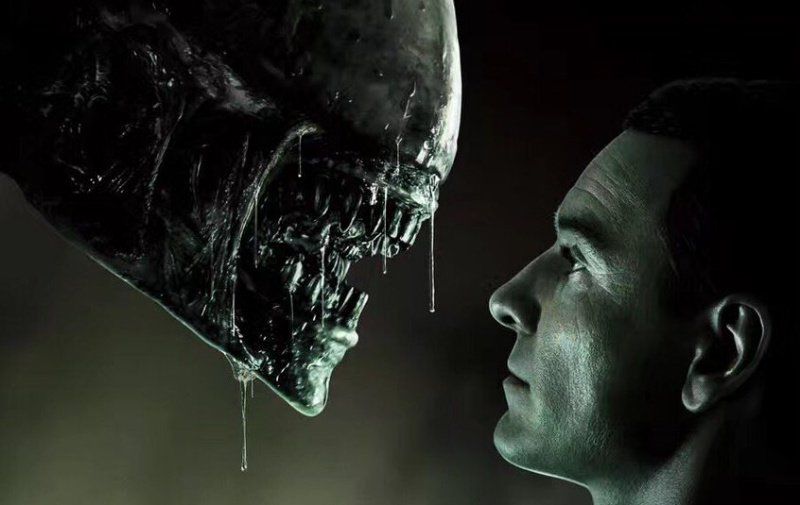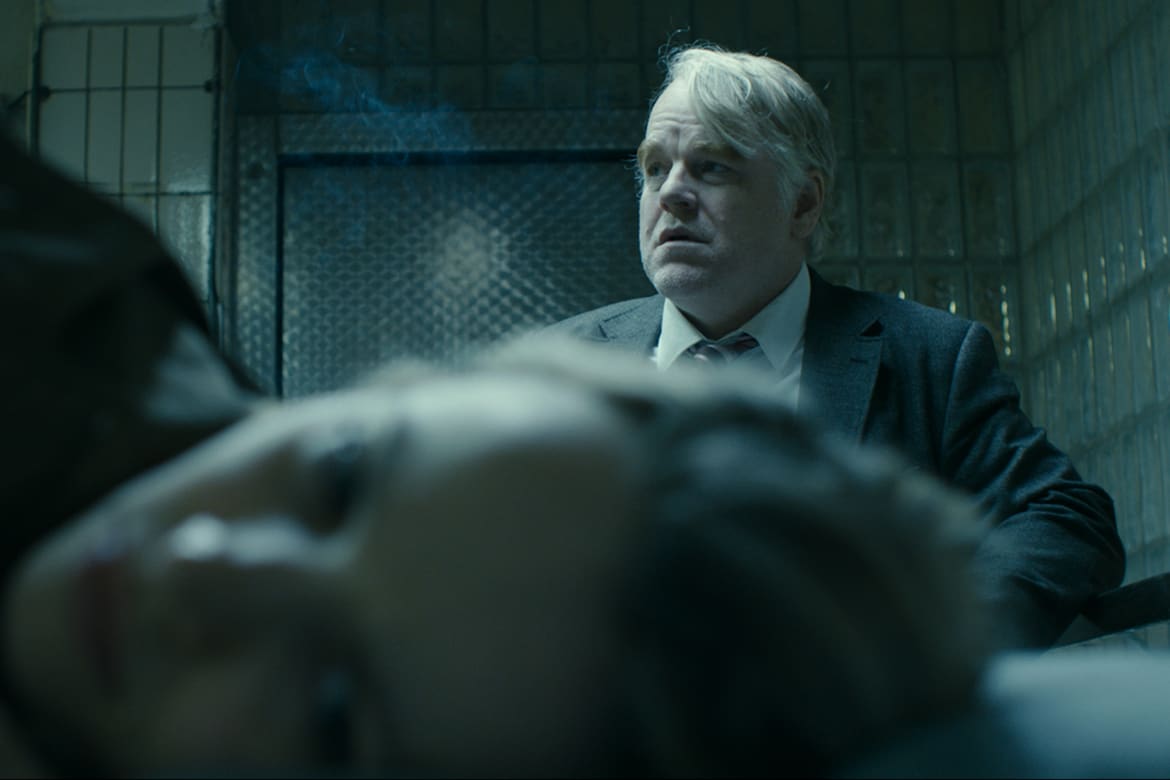Director: Martin McDonagh
Date: 21 July 2018
jamesintexas rating: ***1/2
A rough, profane trip through the heart of darkness in Missouri, Irish playwright and filmmaker Martin McDonagh crafts Three Billboards Outside of Ebbing, Missouri with a fever-pitch, volcanic performances, and a surprisingly touching ending. The film has stayed with me much longer than I thought it would, and I'm eager to see it a second time.
Francis McDormand is the vengeful Mildred Hayes, a grieving mother whose daughter's heinous death inculcates a fierce desire to see justice meted out in their small town. Mildred rents three billboards, posing explosively accusatory questions at Chief Willoughby (Woody Harrelson) for not solving the crime yet. The seemingly incompetent, bumbling, near-caricature of stupidity and racism enshrined all in one character is Officer Dixon (Sam Rockwell), a would-be opponent of Mildred's, and a kind of institutional obstacle in his cluelessness, his insouciance, and his white male prerogative and privilege in a small town, codified by his power as the police. Mildred's provocative act spurs his even more provocative acts of violence and abuse, events that pit much of the town against Mildred's myopic pursuit of justice, a pursuit that estranges her from her son Robbie (Lucas Hedges), her ex-husband (John Hawkes), various townspeople including her dentist, while attracting James (Peter Dinklage). It is an assemblage so remarkably strange, but it works for the most part because of the profane poetry spewed by Mildred and others in a sort of backwoods Shakespearean vernacular of pain, viciousness, and shock. And Mildred's histrionic media-grabbing billboards push the case forward into unforseen places.
All the performances are stellar. McDormand and Rockwell are the stars and the Oscar-winners, but Harrelson is dependably, solidly the core of the film with his much-maligned Chief Willoughby containing depths and surprises. There's one particularly Mildred memorable monologue about culpability delivered with venom by McDormand to the local Catholic priest who has come to persuade Mildred to take down her billboards. Her point is "You joined the gang. You're culpable" when dissecting priest sexual abuse scandals. Another turn, late in the film, is surprising in its scope and its bringing us out from the microcosm to the macrocosm of war, American foreign policy, and those whom we ask to fight our wars. It is breathtaking when it arrives and consumes the remainder of the film.
The ending of the film suggests hope for its travelers, hope (maybe) for America in 2018, as unlikely allies find ourselves full of fire and fury, dangerous but simultaneously aware that we need time to talk and think ourselves out of actions that may destroy our souls. Maybe. In a film swirling with police brutality, darkest violence, and Cormac McCarthy-level nihilism, that's the best that we can hope for, the best that we can get.






